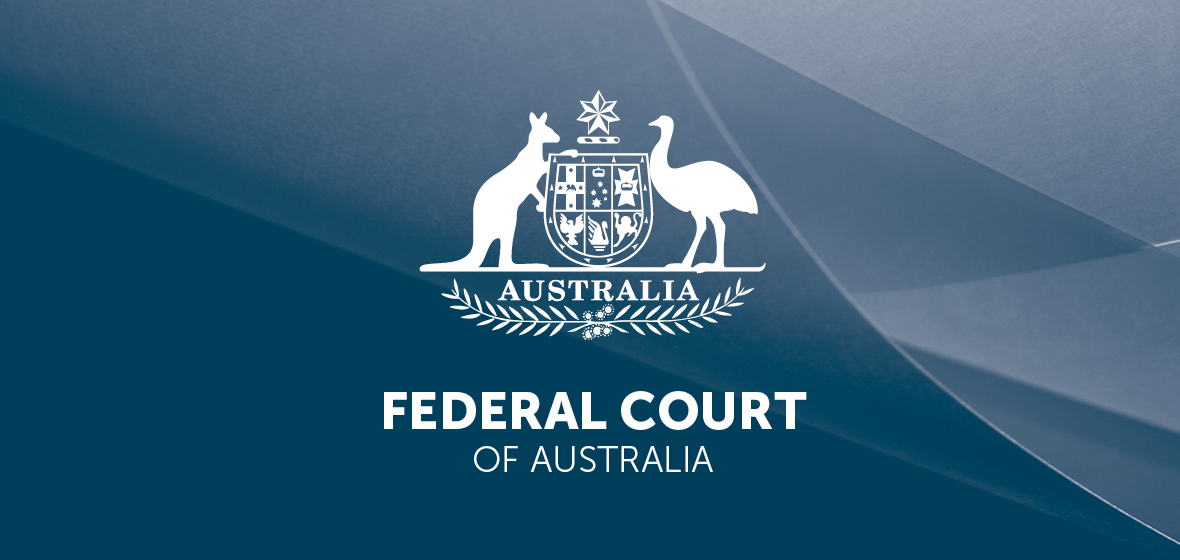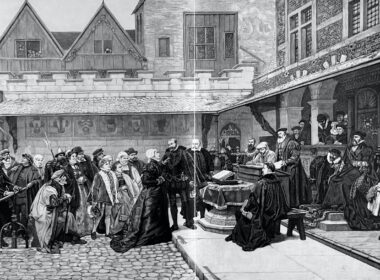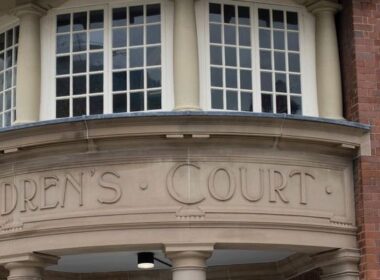Key decisions
- Hart v Commissioner of Taxation (No 2) [2016] FCA 897
- Minister for Immigration and Border Protection v SZVCH [2016] FCAFC 127
Evidence
Whether evidence of forensic accountant admissible – opinion rule exception in s 79(1) of the Evidence Act 1995
In Hart v Commissioner of Taxation (No 2) [2016] FCA 897 (5 August 2016) the Court (Bromwich J) dismissed an application by the applicant (Mr Hart) to exclude evidence from his trial before it commenced. The trial concerned an appeal by Mr Hart from the dismissal of objections by the Commissioner of Taxation (the Commissioner) in relation to an amended income tax assessment for the 1997 financial year.
The Commissioner sought to rely on the evidence of Mr David Van Homrigh, a forensic accountant. The evidence, in the form of a report and subsequent letter, was relied upon to demonstrate the flow of money to, or to the benefit of, Mr Hart.
It was common ground that Mr Van Homrigh had the necessary specialised knowledge based on his training, study or experience to give expert evidence as a forensic accountant, satisfying the first limb of the exception to the opinion rule contained in Evidence Act, s 79(1). The dispute concerned the second limb of that exception, namely whether the views expressed by Mr Van Homrigh in his reports constitute evidence of an opinion by him that is wholly or substantially based on that accepted specialised knowledge (at [10]).
The Court discussed (at [17]) the two seminal cases of the High Court on expert evidence: HG v R (1999) 197 CLR 414; [1999] HCA 2 and Dasreef Pty Ltd v Hawchar (2011) 243 CLR 588; [2011] HCA 21:
‘HG and Dasreef (along with many intermediate appeal court decisions) reveal that when there is present:
(a) a real question as to whether a claimed or required specialised knowledge is possessed by a witness sought to be relied upon to express an opinion by way of exemption to the opinion rule; or
(b) a real question as to whether such an accepted expertise has been applied to produce such an opinion sought to be relied upon,
strict adherence to the formal requirements of s 79(1) may be required so as to enable an opposing party and the Court to examine and test whether such a fatal defect exists.’
The Court held (at [18]) that no such real issue existed in this case. Bromwich J (at [23]) distinguished HG v R, where the expert psychological evidence provided a complex narrative, ‘a complete and alternative explanation to the version of events . . . rather than a mere opinion as to whether or not a particular event had occurred’. In this case, Mr Van Homrigh’s accounting evidence is less subjective and less susceptible to inference and speculation. Further, the opinions in HG were never in admissible form, in contrast to Mr Van Homrigh’s evidence. For all these reasons, ‘strict adherence to the formal requirements of s 79 is of lesser importance in this particular case’ (at [25]).
Dasreef Pty Ltd v Hawchar was also distinguished because tracing and explaining flows of money is part and parcel of the expertise of a forensic accountant, meaning Mr Van Homrigh clearly did not step outside his field of expertise (at [32]). The issue of whether evidence falls within s 79(1), which depends on whether his task is carried out by the genuine application of accepted specialised knowledge that adds the required level of value to the evidentiary and judicial process, was considered (at [35]). The Court held that Mr Van Homrigh’s evidence met this threshold to be admitted into evidence at the trial (at [42]). The weight, value, reliability of the evidence will need to be determined at trial.




